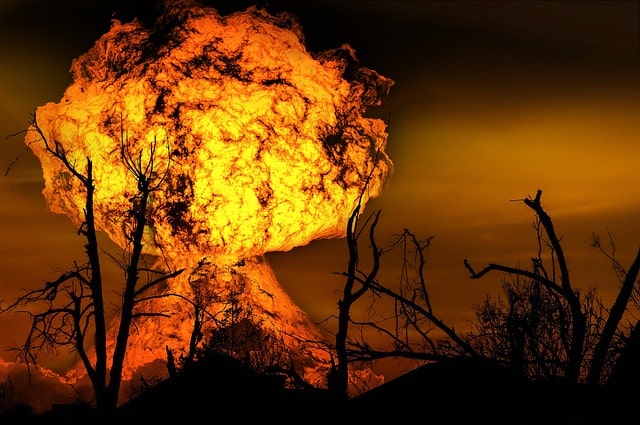
A fatal traffic accident is characterized by a large number of victims
The Latin word fatidĭcus came into Spanish as fateful . This adjective is used to describe someone who predicts or anticipates the future, particularly if it is an unfortunate or disastrous one .
A synonym for "disastrous"
The most common use of the term, however, is associated with the fatal or adverse . Another meaning defines it simply as an adjective with the same meaning as "disastrous." Something fateful turns out to be terrible , frightening , etc.
Regarding its etymology, we note that its components express with complete clarity the meaning that we give it in our language today. It is worth noting that the Latin term fatidicus was defined in the same way. First we have fatum , a noun that means " destiny " or, interestingly, "sad song." We continue with the dicare component, a verb that translates as "indicate, point out." The word is completed when the suffix -ico is added, which gives the idea of "relative to."
It is often confused with the adjective fatal , as it is defined as "unhappy, unfortunate, bad, inevitable ." To speak of "a fatal outcome" is to say that the story had a terrible , very negative ending. However, despite the similarity that these two words may have in their writing, the etymology takes us down different paths. The origin of fatal is also found in Latin, although in the word fatalis , which means "linked to destiny, mortal", and this comes from fatum , understood as a force of unknown origin that inevitably acts on the gods, the human being. and the facts.
We must not fail to mention that fatum also comes from the Latin verb for, fatum , which is "to say", so it can be interpreted as "what a deity said." In our language, we associate fatal with something " fatal " that we cannot avoid, and it is in this sense that it is related to fateful , although in everyday use it can also be used as an adverb to give the idea of "very bad": "It is I'm sorry, but your friend sings terribly, I can't hire him .
In context
For example: «Yesterday was a fateful day in the city since eight people lost their lives in different traffic accidents » , «Last year was fateful for the coach: they fired him from his club, they started a legal case against him for an alleged scam and divorced after two decades of marriage" , "The fateful fire, which would have been caused intentionally, destroyed millions of forested hectares and damaged the ecosystem of an enormous number of species."
A fateful day is a disastrous day, in which terrible things have happened. We can understand something similar when we see the phrase a fateful year , in the previous example a series of terrible events in the life of the protagonist are exposed. Finally, there is talk of a fatal fire , since its consequences were extremely serious.

A fateful fire that destroyed millions of hectares of forest
Take the case of an earthquake that ruins much of a city's infrastructure, causing millions in economic losses and leaving hundreds dead and thousands injured. It can be said that it was a fateful earthquake .
Sometimes, the fateful thing is not so serious or it is only negative for some. Suppose two soccer teams compete in the final of a tournament. The match develops with great parity until, in the last minute of play, one of the goalkeepers (goalkeepers) makes a gross mistake and does not catch a very weak shot that he should have stopped without effort. In this way, his team loses the match and is left without a title. The chronicles, in this framework, highlight that the archer's fateful failure was decisive.
